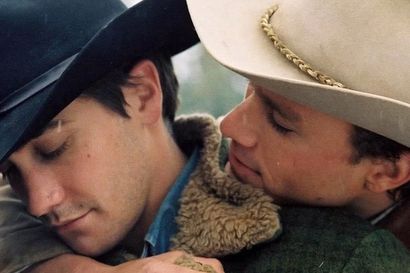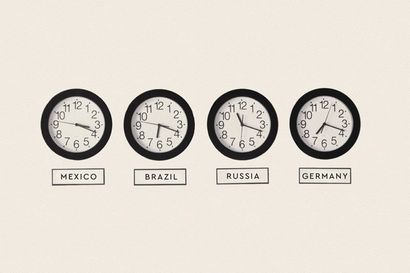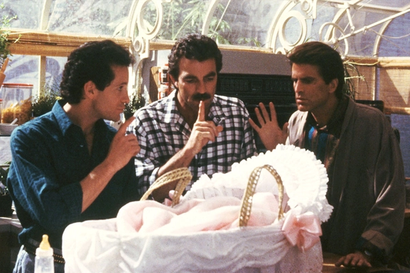How to network effectively (since you’ve been out of practice…)
After two years of Zoom conferences, Skype catchups, and a severe lack of hands shaken and business cards exchanged, this is your quick-stop guide on how to prep for in-person networking
The last two years have been a right rigmarole. We’ve pinballed from stockpiling spaghetti to thumping pots and pans in our front gardens; from becoming one with our masks to seeing the health secretary unknowingly broadcast a moment of lustful weakness on Whitehall CCTV; from baking sourdough to binging Bridgerton. And, for the large part, we’ve been confined to the comfort (and eventual ennui) of our own homes.
As such, it’s safe to say that many of us are still using the crutch of a laptop screen and some half-decent wi-fi coverage in order to connect with others. Yet, with the world starting to unlock itself (and hopefully for good this time), the return of in-person meetings is imminent.
So, for those of you who haven’t yet plugged back into the rhythms of real-life, we’ve called upon the exquisitely-mannered expertise of Rupert Wesson — director at the hallowed etiquette company Debrett’s. Because, if you’re starting to feel knots of apprehension over the prospect of networking anew, there are few people better placed to help you mix, mingle and make new connections once again.
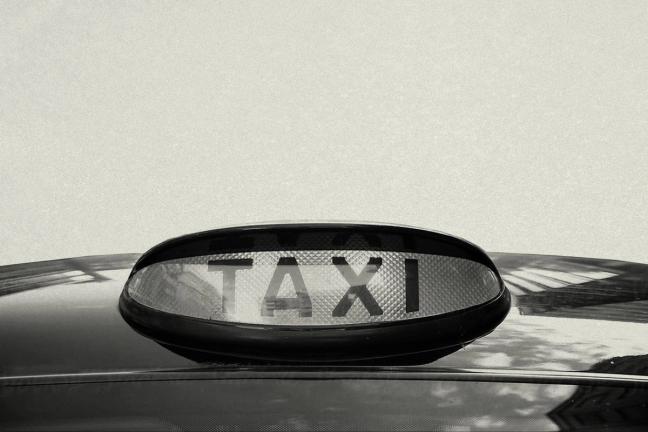
Hold on! If the pandemic isn’t truly over yet, should we really be investing our time and energy into in-person events? What if they’re cancelled?
With the past couple of years being largely defined by its stop-start nature – cancelled sojourns to Los Cabos; London’s back-and-forth odyssey across the egregious tier system; scotch eggs one day and pub closures the next – you might just be inclined to say that physical networking events and meetings will inevitably be nixed, too, and thus there being no point prepping for them. And then there’s the social minefield of mixing in busy rooms.
“I think people are more cautious,” says Wesson. “They are cautious about hosting events that might be cancelled and people are cautious about going to events, mixing in busy rooms and, of course, shaking hands. But I am sure this will change.
“I also think that many events are remaining online in part because this is risk free and cost effective and it is possible for networking to take place this way – but there is nothing like the serendipity of meeting someone in person who knows someone who is the perfect individual to help you on your way to success.”

Okay, but I’ve spent the past two years in my snug sweats, haven’t been to the pub in months, and my most meaningful interactions have been with the man who runs the corner shop…
Well, first off, we’re sure that those snippets of small-talk when you popped in to buy a pint of milk were riots. Secondly, don’t view a networking event as a purely numbers-driven game, or a soulless work task with targets and objectives.
For Wesson: “Mindset is key (especially if you are socially shy). Don’t put pressure on yourself to hit certain business goals (i.e. to make a specific number of contacts) or to meet and pitch to a specific person.
“Keep in mind the idea that you are there to help others as much as you are to be helped,” he adds. “This takes the pressure off and you will relax and come across as a better person. The chances are you will enjoy the event more and be keener to go to events in the future and you probably achieve more in the long run. You should also go with the idea that you are allowed to enjoy yourself and you can encourage others to do so (networking is not all work – in fact it is much more effective when it is not!).”

Right, I’ll try to loosen up a tad then. But how best to ease my way back into the swing of social things? Is there a way to ensure I don’t dive back in too fast?
Like the above, there is no cookie-cutter formula to apply to such scenarios. Tailor such variables to your own comfort and run (or walk!) with it.
“If you find networking exhausting or draining, take it easy and be selective about which events you choose. If you love meeting new people, then go for it!” Wesson advises.
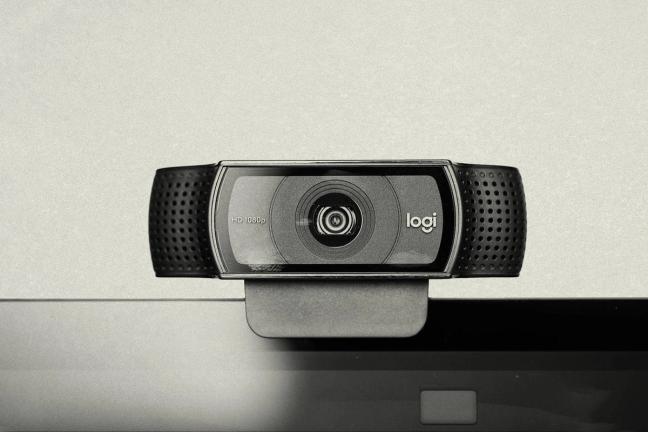
What happens if, after a few weeks back partying and power-lunching, I discover that this level of in-person networking is no longer for me? Can I still rely on and retreat to the screen-based safety of Zoom?
If you’ve shined your shoes and traded your ivory-toned business cards for a brief period, but have decided you’re just not ready for it in the long-run, then quell any qualms as the working world is still in it’s hybrid state, so connecting virtually is still very much an option.
“There is no doubt that networking in real life is better”, says Wesson, “but if the people you need to see are at the other end of the country, or in a different country for that matter, then see what you can do with Zoom. (Try to make Zoom conversations like real-life conversations i.e. lively, engaging and not exclusively about work.)”

And when I do decide it’s time to give the in-person meeting a go, how should I start a conversation?
Aaah, the perennial question that has faced anyone who has ever set foot in a poky elevator, walked within five-feet of a water cooler, or taken the plunge to go on a blind-date. Well, again, there’s no scientific, strict play for this.
As we said, we’re sure you had one hell of a tête-à-tête game in the corner shop, but, even with that in mind, it’s been a while since mixing events were a regular thing, so perhaps consider going back to basics and reverting to the KISS principle: keep it simple, stupid.
“If it is a business networking event, there is nothing wrong in asking people about the organisation they represent and what they do within that organisation. It may not be startlingly original, but it is polite and useful!” says Wesson. “It would make sense to follow-up by asking why they have come along to the event – the chances are they will reciprocate and ask you the same.”
Additionally, why not use your surrounds to keep things ticking? “If the event is being held in an interesting venue, such as a gallery, you can start with a few questions around this”, says Mr Wesson. “Make sure there are enough open questions to allow the conversation to take flight. So whilst ‘which is your favourite exhibit?’ is a closed question, you can follow up with ‘what do you like about it?’ Don’t forget the secret of being a great conversationalist is to listen, really listen, to what is said!”
So you’ve got the network event covered. But what about office etiquette? We’ve given you the rundown here
Become a Gentleman’s Journal member. Find out more here.
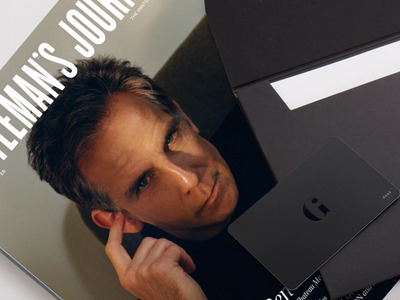
Become a Gentleman’s Journal Member?
Like the Gentleman’s Journal? Why not join the Clubhouse, a special kind of private club where members receive offers and experiences from hand-picked, premium brands. You will also receive invites to exclusive events, the quarterly print magazine delivered directly to your door and your own membership card.
